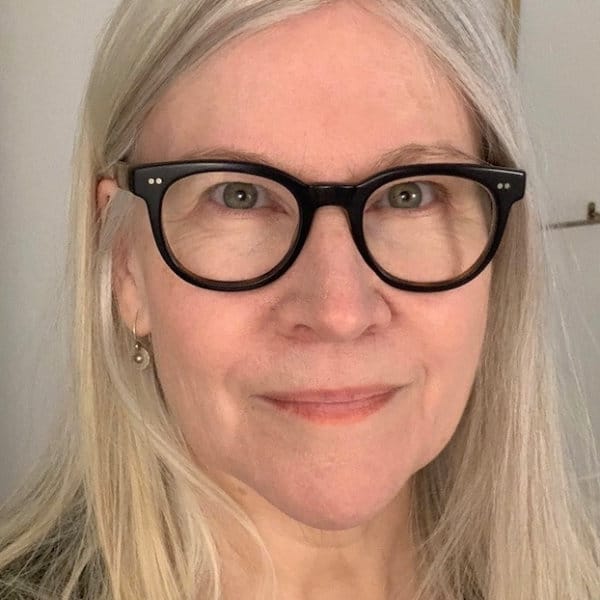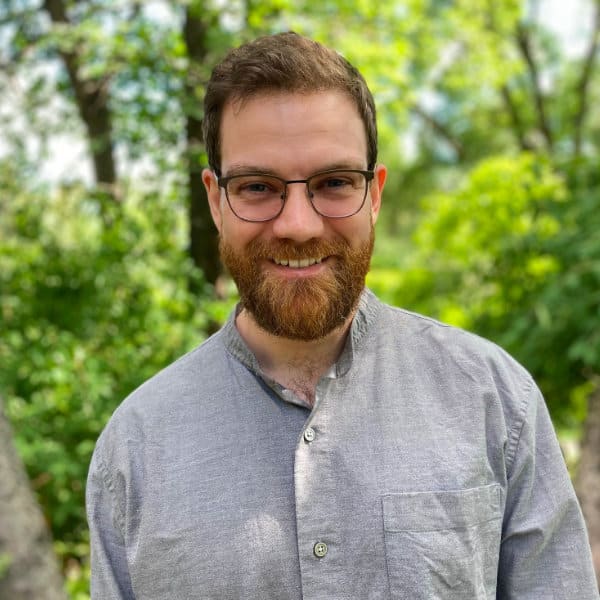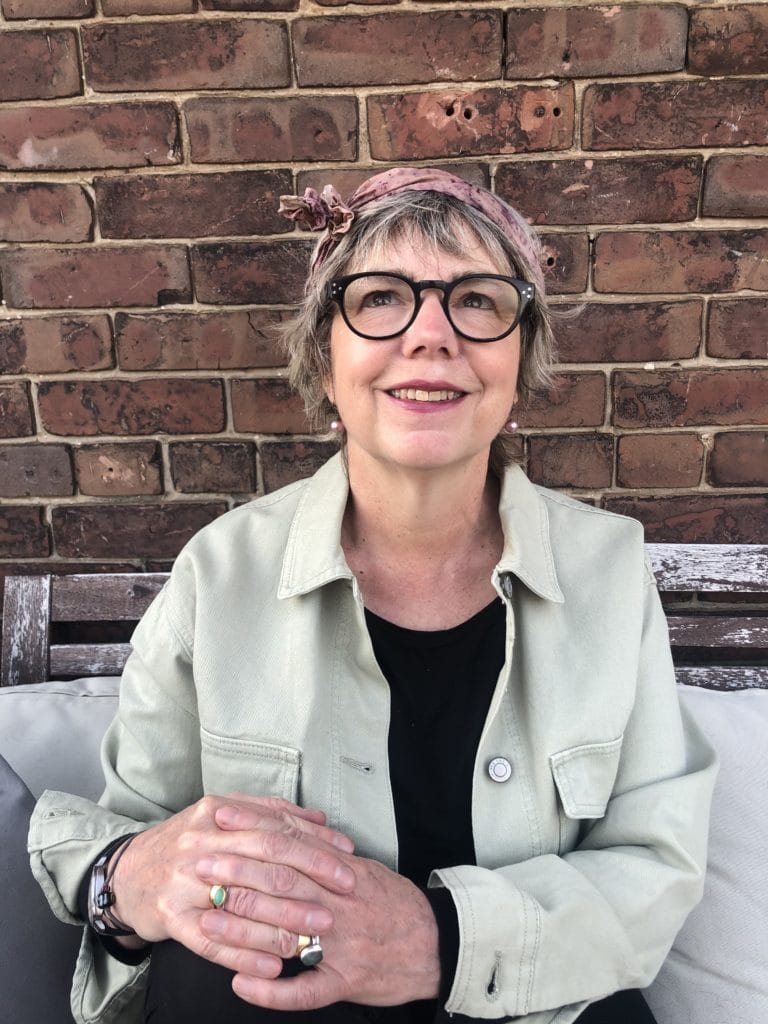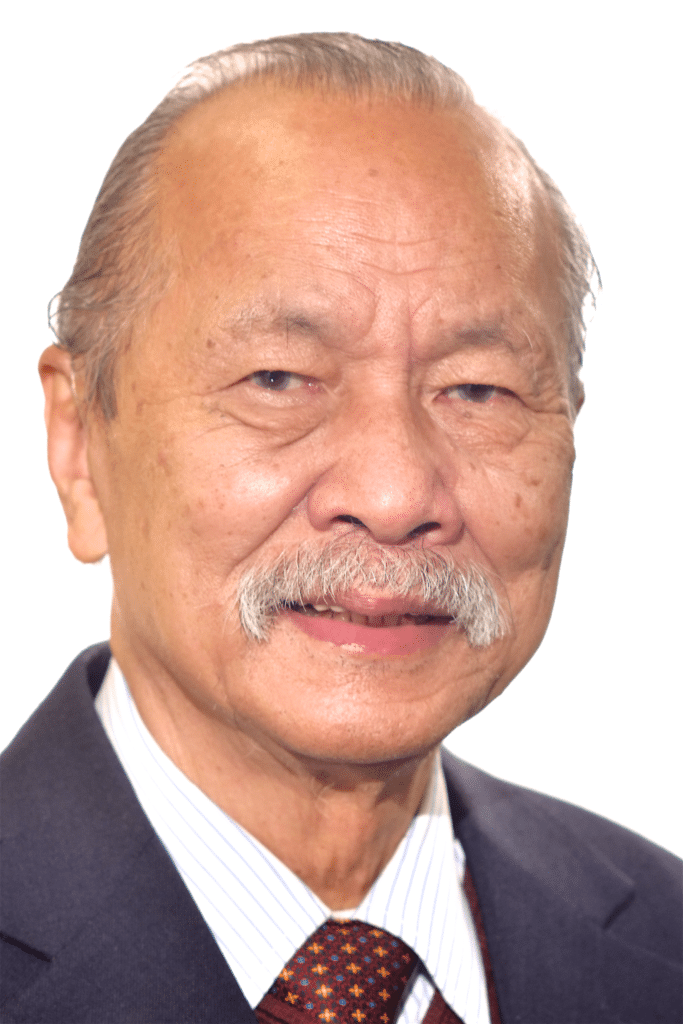Historian Engagement in Public Health
During the COVID-19 pandemic, disease and health historians have frequently been called upon by media, public organizations, and institutions (including government agencies) to explain how past disease outbreaks can inform present-day and future responses, and to enhance public understanding. They have provided insight into public health measures (including social distancing, or self-isolation), mental health, vaccine…
Read MoreMaternal Darkness: Postpartum Depression and Maternal Mental Illness in Western Canada, 1890-1980
Heather’s project explores the history of postpartum depression and related maternal mental illnesses in Canada from 1890-1980. Despite media sensations created by famous cases of mentally ill mothers there are almost no historical examinations of maternal mental illness in North America. Historically, maternal mental illnesses sit on an uneasy axis between society’s high social expectations…
Read MoreWomen Helping Women: Inuit and Innu Women and Participatory Health Workshops in Labrador in the 1980s
Courtney’s project will examine how health workshops led by women for women in Labrador in the 1980s affected Inuit and Innu women. These workshops employed a unique participatory approach that reinforced lived experiences and reciprocity, and recognized that women held expertise about their bodies, and their families’ and communities’ health concerns and needs. Using the…
Read MoreThe Making of a Spiritual Contraption: Séances, Psychiatry, Prisons, and Schools, 1830-1930
Kyle’s research interrogates the connections between religion, psychiatry, prison, and educational institutions in nineteenth-century Canada, framing their relationship as conspiracy. He defines conspiracy as the means through which these institutions withheld or produced knowledge to maintain and legitimize their positions of influence. Using framework of co-conspirators demonstrates the intention of these institutions in creating and…
Read MoreThe Work of the Hamilton Branch of the YWCA in Indian Hospitals, Sanatoria, and Residential Schools
During the late nineteenth and twentieth centuries, women’s philanthropic organizations made financial and in-kind contributions to Indian hospitals, sanatoria, and residential schools. Records from the Department of Indian Affairs and churches describe the arrival of clothing, bedding, medicine, and toys from women’s organizations. For large voluntary organizations, these contributions went further to include running educational…
Read MoreDeinstitutionalization in the Netherlands: A Memory Project
Megan’s project will help us understand how the policies and experience of the transition to community mental health in the 1980s in the Netherlands was shaped by period and place using an innovative methodology developed over the last decade by researchers at the Madness Canada/ folie Canada website.
Read More“We’re just as honourable as anyone else”: Aging in Canada, 1850-Present
Caroline’s project examines the history of Canada’s aged population from around the 1850s to the present developing new ways to think about the history of aging, health policy, and geriatric medicine and nursing, but also gaining clarity into our present-day situation.
Read MoreTowards a Historical Evaluation of Patient-Oriented Research in Canada: how the past informs the present changing the future
It is well known that Healthcare policies, practices, and health research are intertwined. Man-Chui’s project will contribute to a better understanding of why the scientific-medical community has prioritized certain health research policies, such as the patient-oriented framework.
Read MoreThe Labour of Care During COVID-19: A Long-Term Care Case Study
The impact of COVID-19 on nursing home residents and workers captured global attention. Peter’s project will generate oral histories of the labour of care during COVID-19. It will preserve these experiences while examining how staff in long-term care (LTC) facilities adapted to working during the pandemic, the impact of their daily work, and their adaptations during COVID-19.
Read MoreThe History of Saskatchewan’s Early Hospitals, 1873-1920
Helen’s project will examine the history of Saskatchewan’s hospitals, before the hospital standardization movement of the 1920s when over 40 hospitals were built in the province. Analyzing the complexities of Canada’s early hospital history, and how it was shaped by region, policy, and context.
Read More









